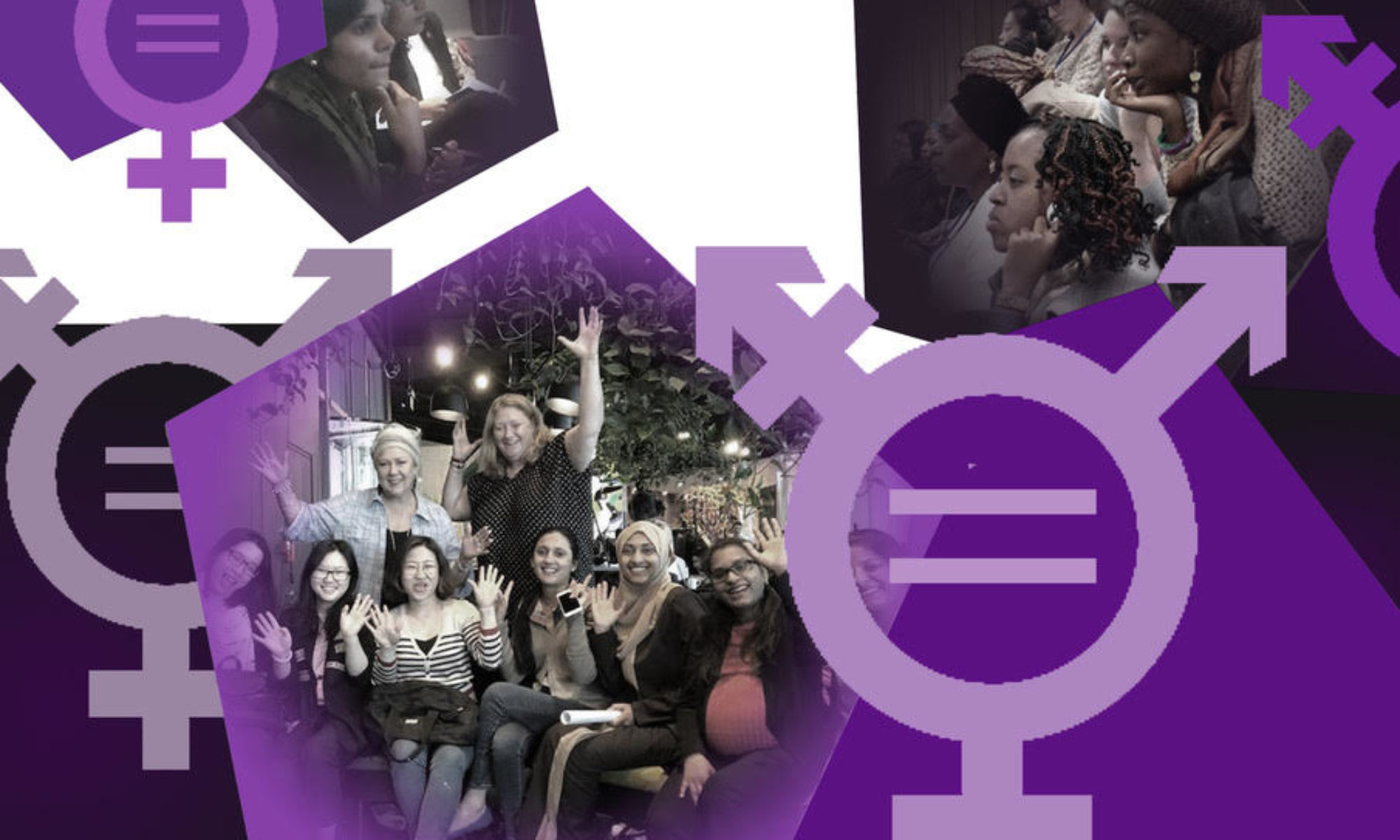The NGO Women’s Rights and Gender Equality Caucus (NWRGECA) (Australia) is a voluntary national network of feminist and women’s groups, networks, individuals and alliances that monitors and collaborates with the United Nations, national governments, non-government organisations (NGOs) and Civil Society Organisations (CSOs) in empowering women and advancing their human rights.
At the national level the NWRGECA shares information, serves as an advocacy and research group, lobbies for changes in domestic law, social policy and for improvement in service provision for all women and girls in all their diversity. The NWRGEC is an open and collaborative network and at times takes the lead in national review and reporting processes. For this work, the NWREGCA forms sub-caucuses for groups to work collaboratively around a specific issue or action which serves specific purposes, such as input into National Action Plans, or Reviews / Shadow Reporting of International Conventions, Treaties or Declarations. The Australian NGO Beijing + 25 Caucus (Australia) is one such example.
NWRGECA acknowledges and supports the Uluru Statement from the Heart (2017) and recognises that … ‘From the outset, we must acknowledge that indigenous Aboriginal and Torres Strait Islander people who are the first sovereign Nations of the Australian continent and its adjacent islands have never ceded sovereignty. Until there is substantive acknowledgement of this in Australia there will not be true peace’
At the International level, NWRGECA lobbies at the United Nations for changes in International law and United Nations Declarations etc. it is a member of Asia Pacific Women’s Watch (APWW) which allows ECOSOC accreditation to NWRGECA members to attend UN meetings and forums.
NWRGECA is committed to working collaboratively, undertaking research into and raising issues which adversely affect the lives of women in all their diversity and their dependent children and to use this research to lobby and advocate for change.
NWRGECA is committed to empower all women to have control over their own lives and to advocate on their own behalf through the provision of advocacy training and by providing opportunities for women in all their diversity to participate in national and international forums.
